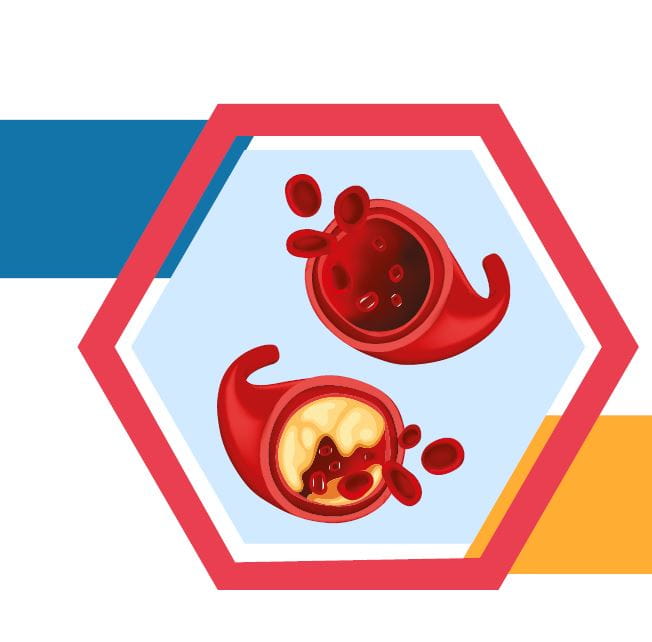AHA 2025: Ischemic Heart Disease: Highlights
Association of Angiotensin Receptor-Neprilysin Inhibitor Initiation with Mortality and Organ Failure Post Non-Acute Myocardial Infarction Cardiogenic Shock: A Multicenter Propensity Matched Retrospective Study
Presenter: Amro Taha
Non-acute myocardial infarction (non-AMI) cardiogenic shock (CS) carries high mortality. This retrospective cohort study assessed Angiotensin Receptor-Neprilysin Inhibitor (ARNI) use within 7–30 days post-admission in adults with non-AMI CS using the TriNetX US Collaborative Network.
Of 180,498 CS patients, 65.8% were non-AMI; ARNI group (N=2,640) vs. no ARNI (N=79,350). After propensity matching, ARNI reduced 1-year all-cause mortality (12.1% vs. 22.3%; HR 0.49, 95% CI 0.42–0.59; p<0.001), all-cause rehospitalization (9.1% vs. 13.4%; HR 0.43; p=0.015), and hemodialysis initiation (3.5% vs. 10.0%; HR 0.34; p<0.001). Risks of heart failure rehospitalization and stroke/TIA were similar. Early ARNI initiation significantly improves survival and reduces complications in non-AMI CS.
Evaluating the Cardioprotective Effect of Beta-Blocker Therapy Initiated within One Year Post Myocardial Infarction with Preserved Ejection Fraction: A Real-World Propensity-Matched Analysis using TriNetX
Presenter: Brad Fugere
This real-world study ascertained the impact of beta-blocker (BB) therapy initiated within one year of myocardial infarction (MI) on major cardiovascular outcomes. The study population comprised of a TriNetX cohort of post-MI patients without HF or arrhythmia.
The 1:1 propensity matching analysis included 113,727 patients per BB vs. no-BB groups (mean age: 68.5 vs. 67.9 years; male: 57.2% vs. 57.7%; hypertension: 29.0% vs. 28.8%; diabetes: 13.7% vs. 13.8%). BB therapy initiated within 1-year post-MI was associated with reduced long-term cardiovascular risk during a follow-up of 15 years. Treatment with BB was associated with statistically significant lower composite event rates at 15 years (17.1% vs. 18.8%; HR 0.91; p<0.01) and improved survival (63.8% vs. 64.7%; Log-Rank p=0.02), as compared to no BB treatment. BBs may confer benefit even in low-risk post-MI populations.
AHA 2025, November 7th-10th 2025, New Orleans, Louisiana, USA




